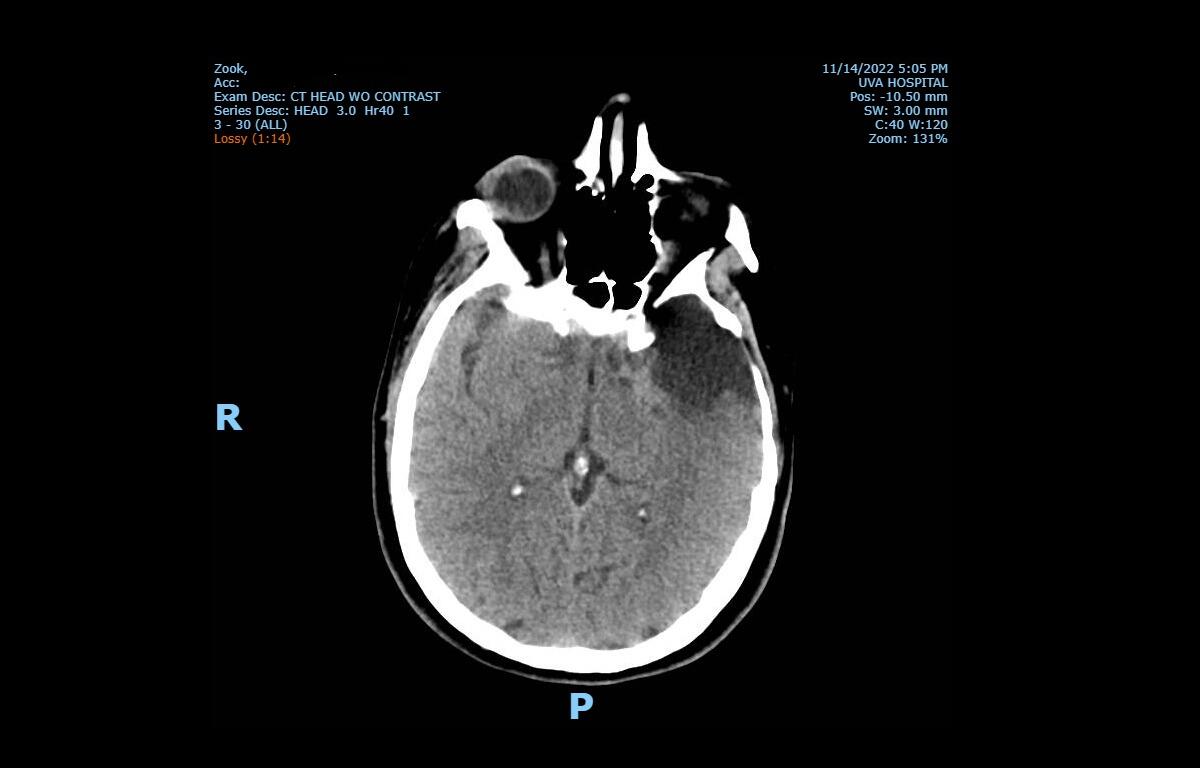CHARLOTTESVILLE, VA (CVILLE RIGHT NOW) – University of Virginia School of Medicine researchers have found lack of development of a particular molecule essential for central nervous system development and function could cause faulty brain circuits seen in Down syndrome individuals.
Researcher Ashley N. Brandebura, who was part of the research team while at the Salk Institute for Biological Studies and is now part of the University of Virginia School of Medicine said this study “serves as proof-of-concept that we can target astrocytes, a cell type in the brain specialized for secreting synapse-modulating molecules, to rewire the brain circuity at adult ages”.
She said this is still far off from use in humans, “But it gives hope that secreted molecules can be delivered with effective gene therapies, or potentially protein infusions, to improve quality of life in Down syndrome and other neurological diseases.”
The scientists, who included Brandebura, conducted their work in lab mice, rather than in people, so the approach is far from being available as a treatment. But a UVA Health release said they found that administering pleiotrophin improved brain function in adult mice long after the brain was fully formed. That suggests that the approach could offer major advantages over prior attempts to enhance Down brain circuits that would have required intervention at extremely precise, and brief, times during pregnancy.
The researchers say, “Down syndrome is the most common form of genetic intellectual disability, affecting approximately 1 in 640 babies born each year in the United States, according to the federal Centers for Disease Control and Prevention.”
“Caused by a mistake in cell division during development, the condition can lead to developmental delays, hyperactivity, shortened lifespan and increased risk for medical problems such as heart defects, thyroid issues and problems with hearing and vision.”
The findings have been published in the scientific journal Cell Reports. The article is opening access, meaning it is free to read.



